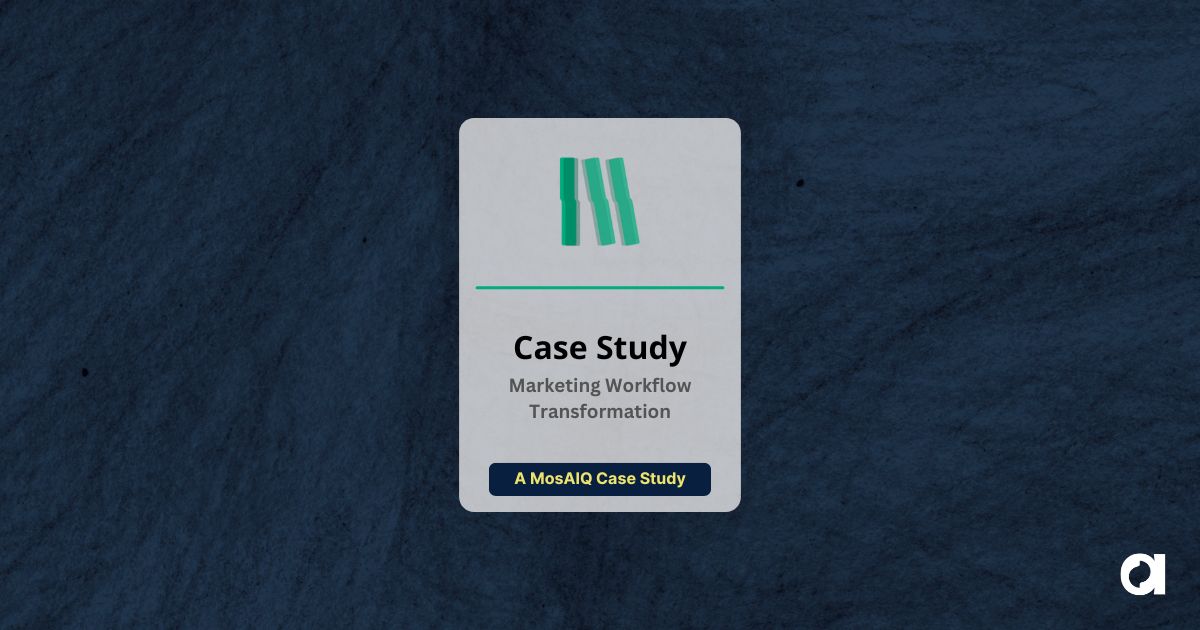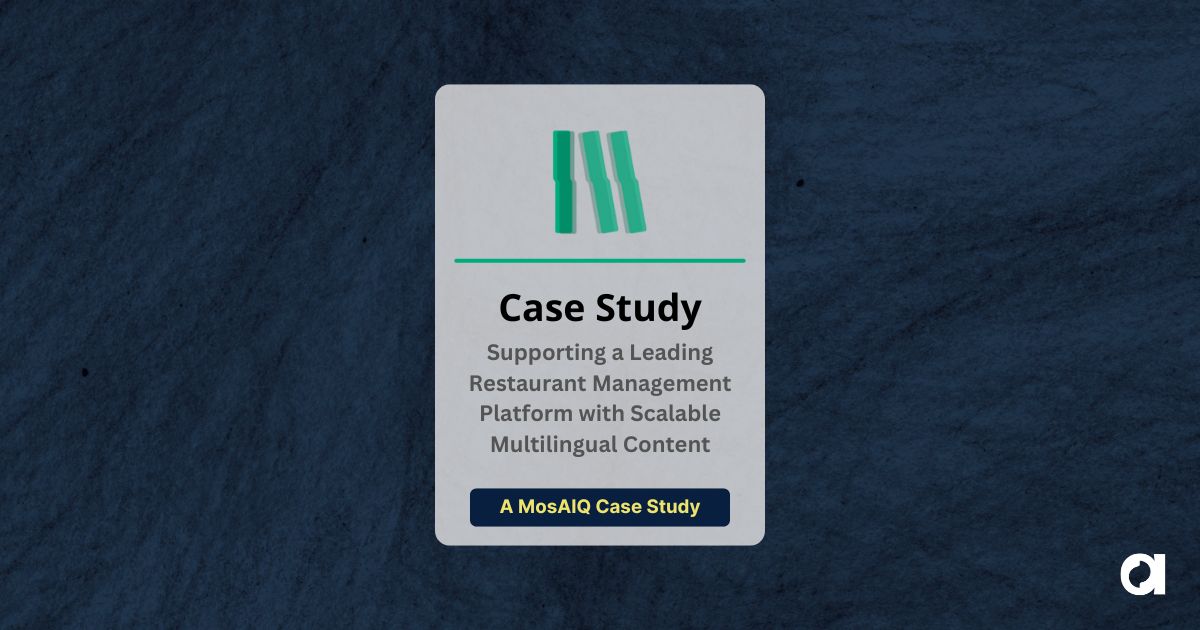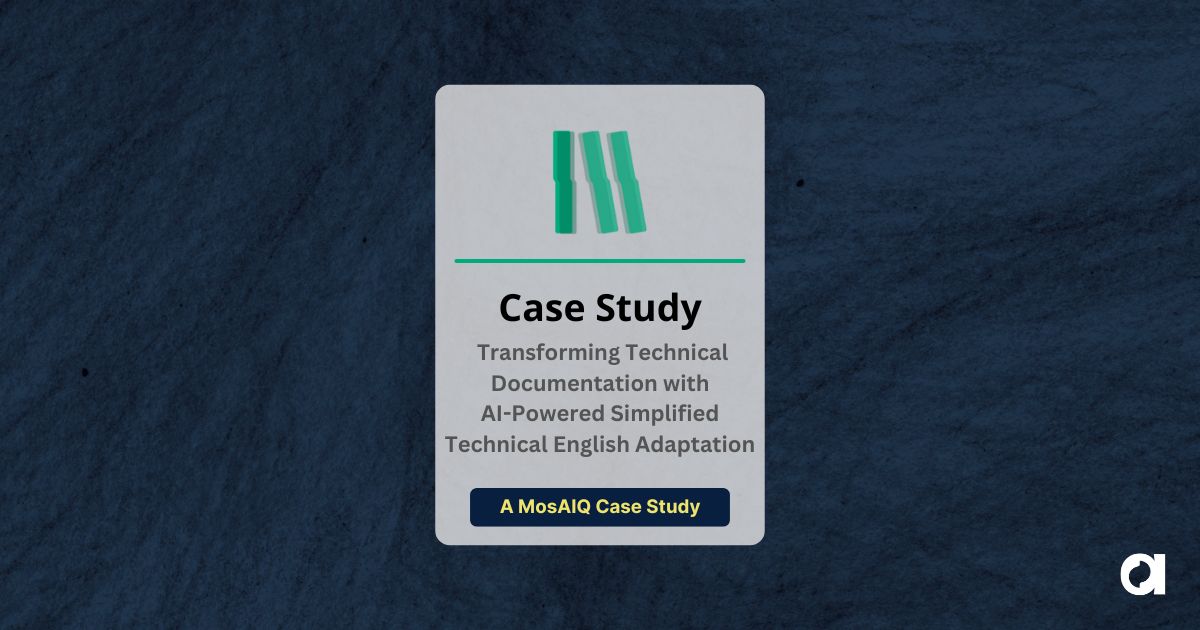You might be surprised to learn just how many of the life-changing tools we use every day exist because of natural language processing (NLP) – a subfield of artificial intelligence that helps machines understand natural human language.
The human brain is supported by millions of neurons that help us comprehend words and take actions. NLP uses artificial intelligence (AI) to give machines similar capabilities – allowing them to process spoken words, structure the information received, formulate an appropriate response, and reply in language that a user understands. For example, when you talk to a voice assistant such as an Amazon Alexa, it understands your words, your intentions, and (ideally) gives you the response you were looking for. Voice assistants, however, are just one example of NLP in our daily lives – some of the others might surprise you!
Search engines
Search engines use NLP to locate relevant results based on similar search behaviors and user intent. For example, Google doesn’t just predict the popular searches that may apply to your question as you start typing. It looks at the whole picture and recognizes what you’re trying to say, rather than the exact search words – in other words, it searches what you probably meant to type, not necessarily what you actually typed.
Email filters
Email filters were one of the first applications of NLP, beginning with spam filters that would uncover given words or phrases that signaled a likely spam message. But that function has upgraded – one of the more prevalent, newer applications of NLP is found in Gmail’s email classification. The system recognizes whether an email belongs in the primary, social, or promotions category based on its contents, keeping your inbox manageable.
Predictive text
Autocorrect and autocomplete are so much a part of our lives now that we take them for granted. Predictive text is similar to a search engine in that it predicts things to say based on what you type, finishing the word or suggesting a relevant one. Autocorrect can even change words so that the overall message makes more sense. It also learns from you, customizing itself to your personal language quirks as you use it.
Sentiment analysis
Tools using NLP are now able to scour customer interactions like social media comments, reviews, and brand name mentions to see what’s being said. An analysis of these interactions can help brands determine how well a marketing campaign is doing, monitor trending customer issues before they decide how to respond, and enhance service for a better customer experience.
Smart assistants
Smart assistants like Apple’s Siri and Amazon’s Alexa use voice recognition to recognize patterns in speech, infer meaning, and provide a useful response. We now expect assistants to understand contextual clues as they improve our lives and make activities like ordering items easier, and we’ve even gotten used to them responding humorously or answering questions about themselves. Our interactions with them will only grow more personal as technology improves and these assistants get to know more about us.
Language translation
There are over 7,000 spoken languages on the planet. Many of them don’t allow for straight translation and have different orders for sentence structure, which poor translations often overlooked. With NLP, online translators can translate languages more accurately and present grammatically correct results. Not only that, but when translating from another language to your own, tools can now recognize the language based on text input and translate it.
The Argos approach
Since our founding in 1996, we have championed the value of human translation – and we still do. That’s why we’ve created and perfected a hybrid approach that involves leveraging multiple machine translation options and combining them with linguistic talent from around the globe. Our aim is always to produce a final text that reads as though it was done from start to finish by a human translator, and recent advances in technology such as NLP are making it easier to get there faster and at lower cost to our clients. To find out more, contact us.
Want to know more?
 Argos Multilingual
3 min. read
Argos Multilingual
3 min. read
It’s one of the most demanding fields of translation, and it can cost a company untold amounts of money if it’s not done right. The good news? Having the right partner can take the mystery out of it. Innovation can make or break a company in today’s marketplace. That’s why patent protection is so important […]

 Argos Multilingual
3 min. read
Argos Multilingual
3 min. read
Avoid the temptation to use these acronyms interchangeably – natural language generation (NLG), natural language processing (NLP), and natural language understanding (NLU) are related but distinct. In 1950, the notorious mathematician and computer scientist Alan Turing created what we now know as the “Turing Test”, which states that if a machine can have a conversation […]











